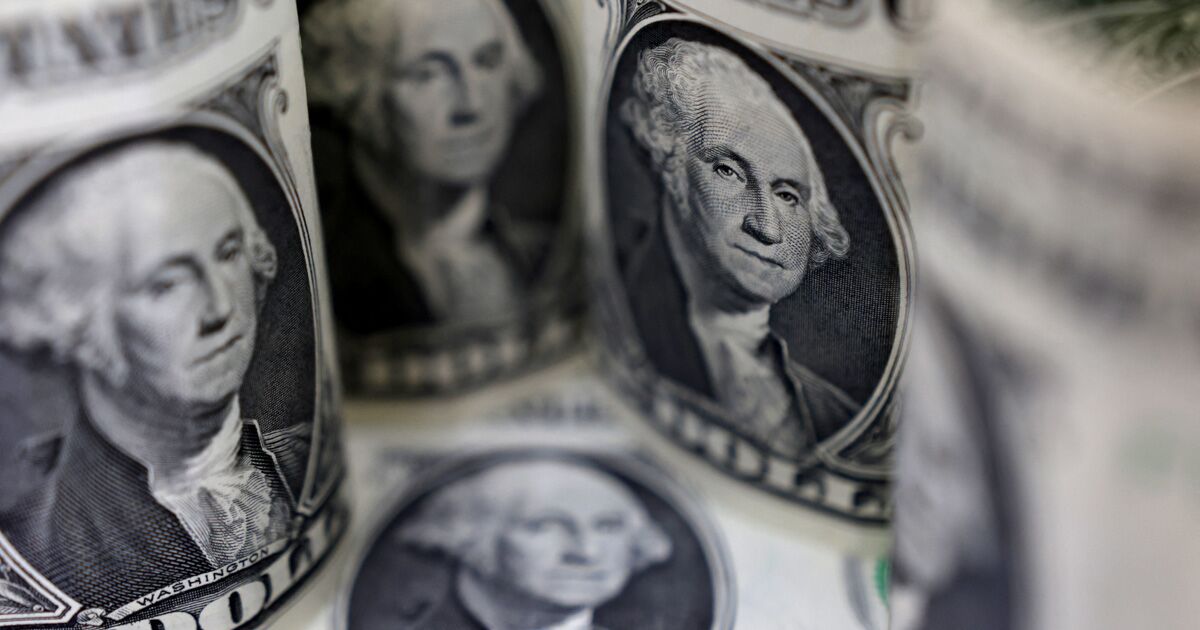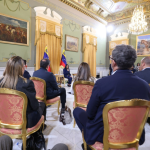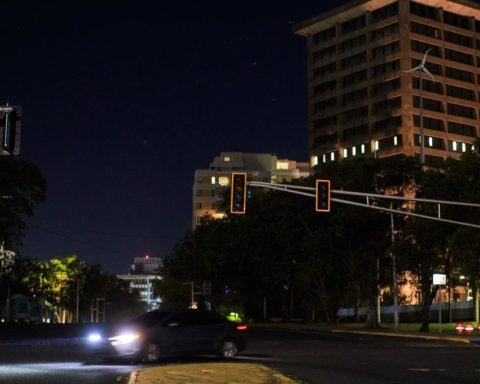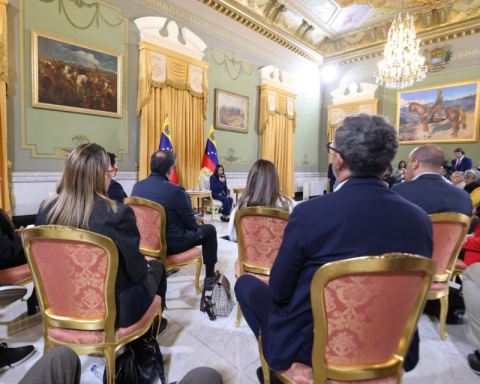The wealthiest segment of the world’s population “has accumulated $42 trillion of new wealth generated in the past decade,” the NGO said in a statement ahead of the opening of a meeting in Rio de Janeiro of finance ministers from the largest advanced and emerging economies.
The agenda for the two-day meeting includes a proposal for a global tax on the super-rich, supported by Brazil, Colombia, Spain, France, South Africa and the African Union, but rejected by the United States.
Brazil, which holds the annual presidency of the G20, has made a global tax on billionaires one of its priorities.
President Luiz Inácio Lula da Silva said on Wednesday that “the super-rich pay proportionally much less taxes than the working class.”
His finance minister, Fernando Haddad, had said in February that “despite recent progress, it is unquestionable that the world’s billionaires continue to evade our tax systems through a variety of strategies.”
Layla Yakoub, head of Oxfam France’s “Tax Justice and Inequalities” campaign, was quoted in the statement as saying that “the momentum for raising taxes on the ultra-rich is undeniable” and that “this week is the first real test for G20 governments” on this issue.
But he questions whether governments will have “the political will to set a global standard that prioritizes the needs of the majority over the profit-seeking of an elite of minority billionaires.”

















